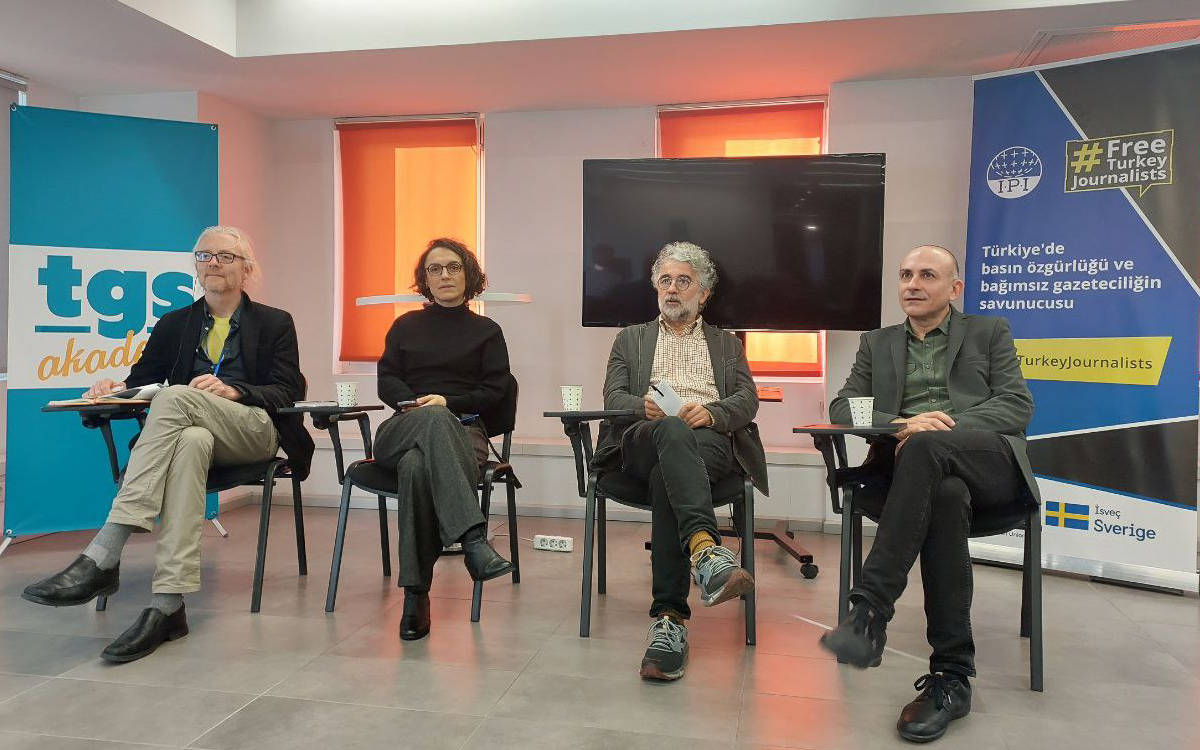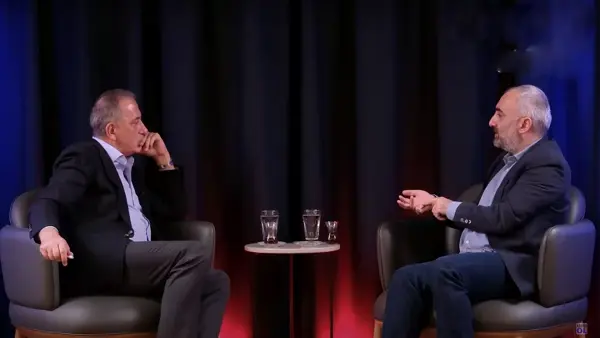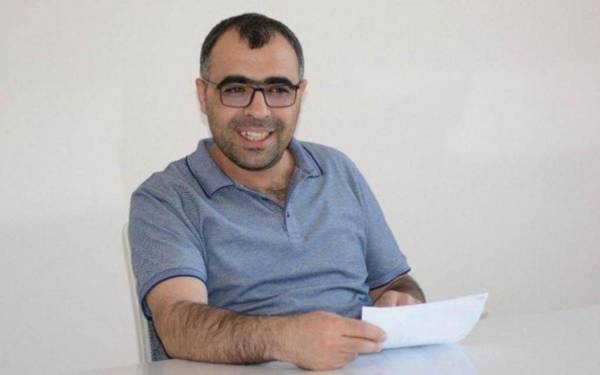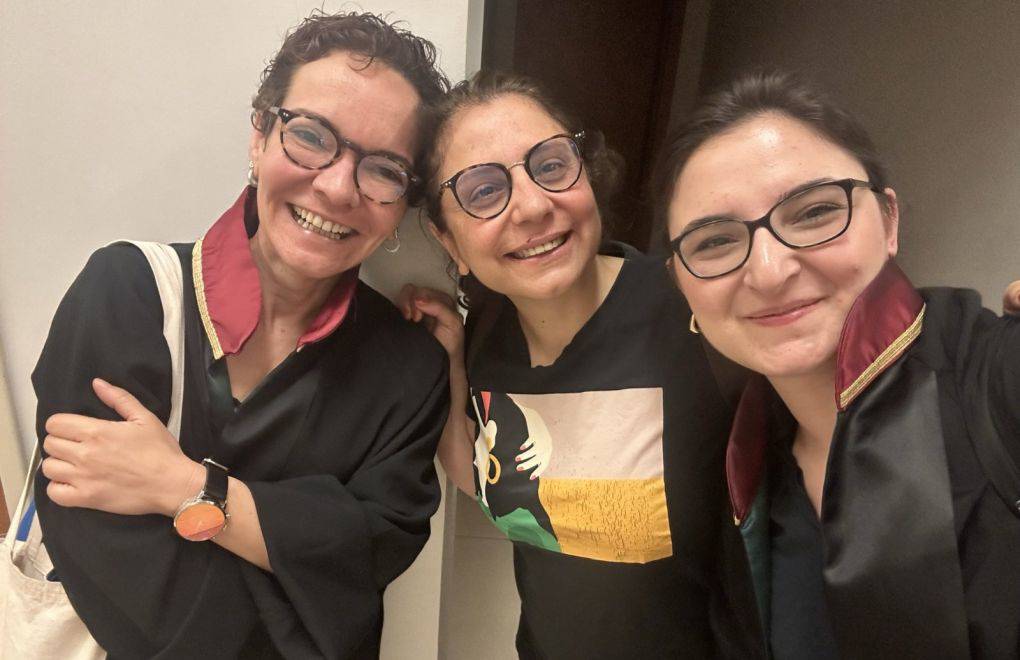The International Press Institute (IPI) presented the report titled "A Victory Comes with Some Damage: A Look at Turkey's Press History on the 100th Anniversary of the Republic" yesterday (December 19). Alongside IPI, Reporters Without Borders (RSF), and the Committee to Protect Journalists (CPJ) also introduced the 2023 International Mission Report on Press Freedom.
Selin Uğurtaş, who assumed the editorial role alongside IPI Turkey Director Emre Kızılkaya introduced the report at the meeting in the Academy building of the Journalists' Union of Turkey (TGS).
Uğurtaş expressed that the theme of all the writings in the report revolves around the statement, "Pressure existed before, but now we face pressure at an unprecedented intensity."
Quoting from Mahmut Bozarslan's article "Unrelenting pressure on the Kurdish press," Uğurtaş said, "Now people are not being killed, journalists are not being killed, but the pressure is more intense. The situation where pressure is harsher than someone being killed is perplexing. However, I observe a very serious state of siege. Journalism is under siege from various directions, such as not advertising, trials, summoning to testify, and arrests."
Emre Kızılkaya explained that similar problems to those in Turkey are observed globally. He stated, "Turkey has experienced, and is experiencing, all types of pressure that have occurred in many geographies and periods, all in a single period."
Following the presentation by the two, Oliver Money-Kyrle and Zeyneb Gültekin from IPI, Erol Önderoğlu from RSF, and Özgür Öğret from CPJ shared details from this year's press freedom mission report in Turkey.
Gültekin noted that as part of a joint mission involving IPI, RSF, CPJ, the European Centre for Press and Media Freedom (ECPMF), and OBC Transeuropa, they held meetings with journalists, judiciary members, politicians, and diplomats in Turkey from October 2 to 5. However, she criticized that government representatives either did not respond to or rejected meeting requests.
Providing a summary of one year's worth of human rights violations against journalists in Turkey, Gültekin stated that under the shadow of the disinformation law, elections, and the earthquakes on February 6, the pressure has intensified.
Gültekin said, "The number of journalists in prison is currently seen as 13. It may be much lower than 6-7 years ago. However, today, the pressure has reached such a level that even a single journalist has multiple legal proceedings. Journalists are now telling the judiciary, 'Let us do our job.'" She also added that journalists have become targets with the disinformation law.
"The circle of government officials we can access is narrowing"
Following this, she handed the floor to Erol Önderoğlu, who wrote the section on the Constitutional Court in the mission report. Önderoğlu stated that their goal is to accurately translate the events in Turkey and the violations that differ between the east and west to the international public.
While expressing difficulties in accessing local authorities, Önderoğlu said, "In recent years, I think that the narrowing of the circles we can reach, especially within the government, is due to the closed nature of the political system. The lack of a response from the Ministry of Justice to the mission may be an indication of this."
In response to this, Önderoğlu emphasized that they have had high-level discussions with the Constitutional Court for years. He conveyed that what they discuss with the Constitutional Court pertains to judicial interventions against journalists. He said, "The Constitutional Court is a court where the most chronic problems of journalists in Turkey are visible."
When sharing these issues with the Constitutional Court, Önderoğlu said that representatives faced an unusual workload issue. He also mentioned that the representatives told them, "Don't perceive us as an appellate court of local courts. Therefore, we cannot make a decision as fast as reaching the detained journalists. We cannot because we are not an appellate process of local courts."
Önderoğlu also criticized the decisions of the Constitutional Court on issues such as the disinformation law and insulting the president.
Special section on Kurdish journalists
Özgür Öğret, who wrote the section on Kurdish journalists in the report, was then given the floor by Önderoğlu. Öğret began his speech by stating, "As someone who has been following press freedom issues in Turkey for nearly 15 years, unfortunately, I haven't seen a resolved issue so far. On the contrary, new problems are added every year."
Pointing out that Turkey has consistently been among the countries imprisoning the most journalists since 2010, Öğret added that the number of imprisoned journalists alone is not the sole determinant of the state of press freedom.
He mentioned that many journalists who were imprisoned in the seven years following the attempted coup on July 15, 2016, have been released. Öğret stated, "When you look, the number of imprisoned journalists in Turkey seems to be at its lowest in recent years. However, Turkey still ranks among the worst countries for press freedom."
Öğret then explained why they dedicated a separate section to Kurdish journalists in the report, saying, "It might be thought that we give special attention to Kurdish journalists. However, we don't have a privilege specifically for Kurdish journalists. But the state treats them differently" He recalled the ongoing arrests of Kurdish journalists since 2022.
Observing similarities in the trials of Kurdish journalists, Öğret said, "When we look at the trials of Kurdish journalists, we see that the indictments are similar, showing journalism activities and daily life activities as terrorism. Speaking with each other becomes a crime. Call records from events attended to receive awards are juxtaposed with terrorism. A significant portion of the indictments is dedicated to the definition of an organization. For example, Sedat Yılmaz's 44-page indictment consisted of a definition and a historical narrative of the PKK for 40 pages. In summary, if you are a Kurdish journalist, efforts are made to create charges against you."
Touching on the long periods of detention, Öğret said, "Extrajudicial execution methods are applied against Kurdish journalists." He described this as an "action to deter journalists."
The session then continued with topics such as journalism ethics, artificial intelligence, problems faced by journalists, new generation journalism, and university education. (HA/PE)








